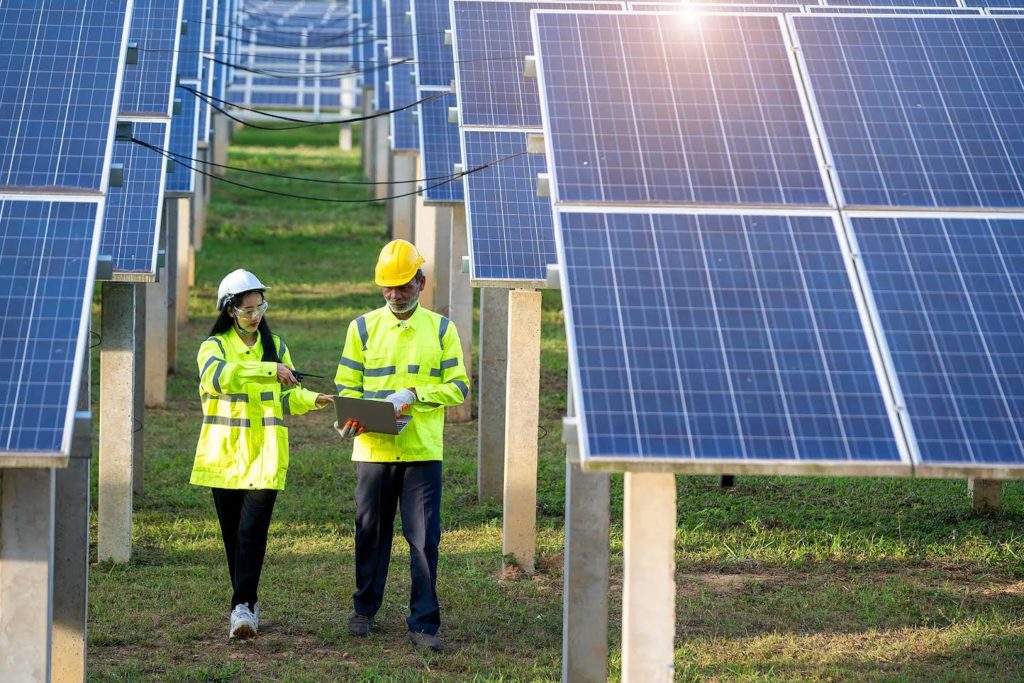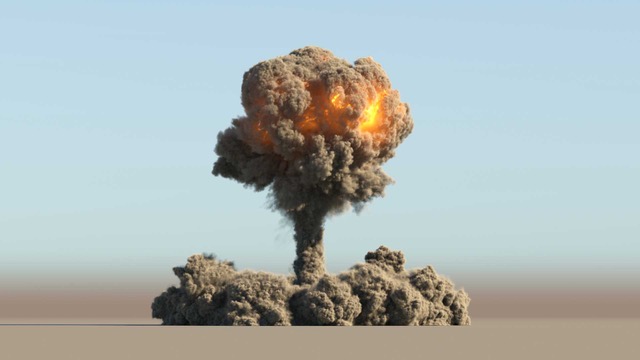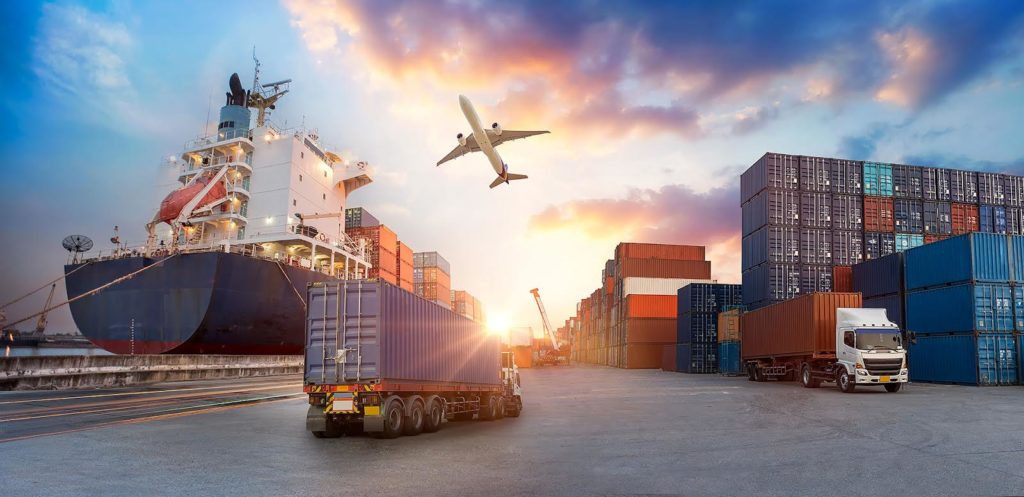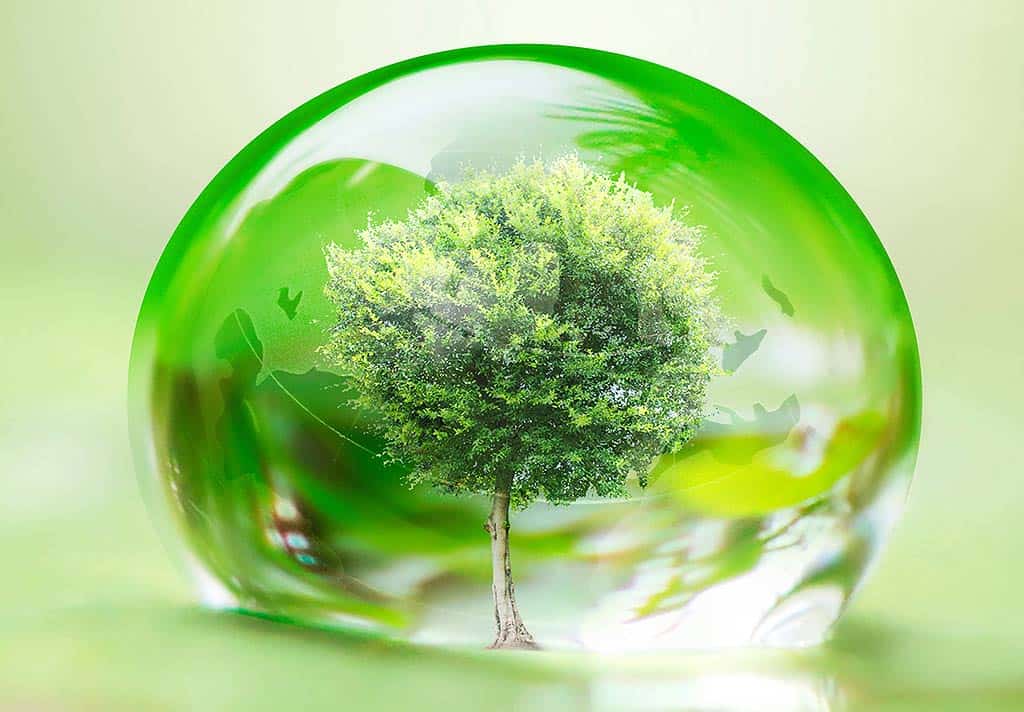SEE Careers: Energy Manager

Readily available water and energy means we have the ability and time to accomplish tasks more easily than ever before. However, as convenient as this is, the waste created through daily activities can quickly get out of hand if not managed properly. Unnecessary energy waste has proven to be expensive and damaging to the environment, which can be off putting to clients. Additionally, shifting views surrounding sustainability and the financial savings that come with energy efficiency have encouraged small businesses and large corporations alike to be more responsible with their resources. Everything from adjusting the AC to reducing the energy used after hours can save companies thousands of dollars each year. Energy management gives organizations an advantage by implementing conservation and efficiency strategies to reduce waste as much as possible.
SEE Careers: Water Careers in the Energy Sector

Water and energy share a unique connection. Creating energy requires water for dams, extracting fossil fuels, and cooling in thermal processes. On the other hand, gaining access to water through extraction, treatment, and distribution to the region’s population requires abundant energy. You can’t have one without the other. Jobs related to energy and water, therefore, become essential.
How are Cities Connected to Energy?

The city and the countryside offer distinct freedoms. In one, you have access to services nearly 24/7. You can order food to your door at three in the morning and hop on a ten-minute bus ride to your job. The other allows you free range to roam. You have room to grow and harvest food. There’s less pollution and more land. Each allows for a unique lifestyle that will seem more appealing depending on personal preferences and goals. As a society, Americans tend to think of the two as opposites that never see eye to eye. However, as different as they seem, they rely on each other and are much more connected than you might think.
How is wealth connected to energy?

Wealth can be described as the possessions, goods, and liberties that provide a person with a good quality of life. The more wealth a person has, the higher quality of life they can enjoy. When we think of modern wealth, we automatically picture lavish lifestyles, fancy cars, and large beautiful houses. But in reality, the well-being of a community is more complex than material goods. Wealth, security, and innovation go hand in hand. Modern energy has catapulted this aspect of our lives to new heights, uncovering new avenues for our societies to flourish.
How is war connected to energy?

War has been a part of humanity since the beginning of civilization. We fight wars over water, land, spices, resources, and most importantly, energy. However, people often don’t pay much attention to where their energy comes from. They don’t see that its influence and contribution to war and national security are incredibly significant and impact everyone’s daily lives.
How is Transportation Connected to Energy?

Before modern modes of transportation like cars, planes, and ships, travel was drastically different. Long-distance travel was highly energy-intensive. People were unlikely to voyage very far from their birthplace. Moving away from home was only considered under extreme circumstances. Having to rely on animals or sometimes just your own strength to carry you along the way meant your voyage could easily last days or months. You were likely to run into robbers, storms, and other obstacles that made these voyages not only dangerous but expensive.
How is Food Connected to Energy?

Modern energy has successfully facilitated the production and distribution of produce and meat products on a larger scale than ever before. Our society seems to no longer be subject to regional or seasonal limitations. Consequently, we have developed a food culture of overconsumption. But how exactly is food correlated with energy? And why is building a sustainable food system so important?
How is Water Connected to Energy?

In our modern world, we use water for almost everything in our daily lives. The sustainable use of our water resources is critical. And the ability to maximize their potential is essential for our way of life. The problem of access to water is more complicated than it might seem. A significant amount of energy is needed to obtain, treat, desalinate and transport water. Consequently, creating a double-edged sword. So why does water seem to come so quickly to our homes if it takes so much energy? And what actions can we take to conserve our water resources?
“Thirst for Power” World Water Day Screening

Smart Energy Education was proud to recently partner with the City of San Antonio, CPS Energy, Itron, Inc., and the San Antonio Water Service to provide a free, in-person screening of the energy and water documentary Thirst for Power for over 300 San Antonio area high schoolers at The Tobin Center for Performing Arts.
World Water Day

World Water Day is an international celebration of the world’s freshwater resources and was created to help spread awareness on the importance of water conservation worldwide. With rapidly increasing climate change, growing populations, and heightened demand for clean water, communities have had to become increasingly more innovative in their water resources. Resorting to water reclamation and water desalination practices and increasing reliance on groundwater, it is paramount that the importance of conserving the world’s precious water resources is highlighted for the prosperity of our future to be maintained.

